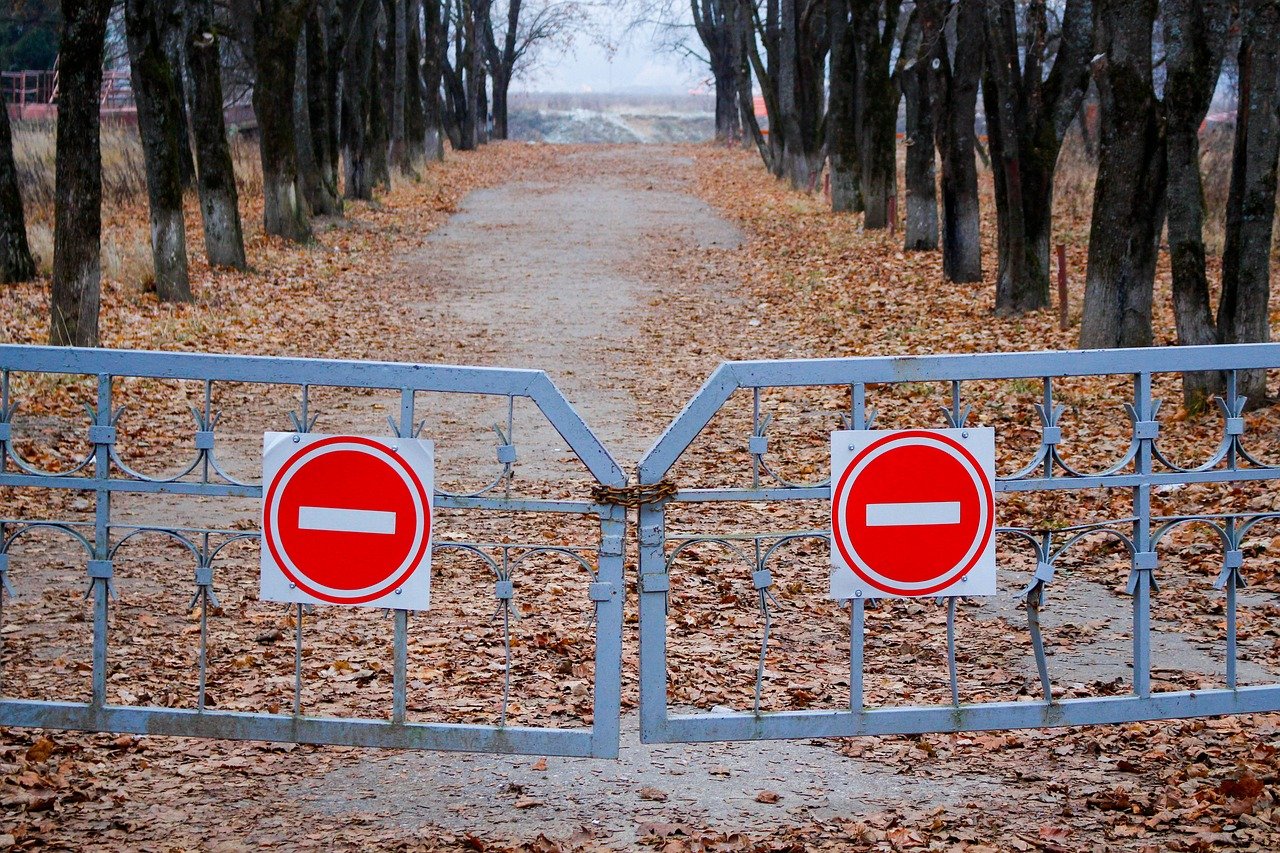Owning a porcupine as a pet is a unique venture that comes with specific legal considerations. Zoning laws and permits play a crucial role in determining whether you can keep a porcupine in your area. In this comprehensive guide, we’ll delve into the intricacies of zoning laws and permits, providing valuable insights to help prospective porcupine owners navigate the legal landscape.
Understanding Zoning Laws:
1. Research Local Zoning Ordinances:
- Zoning laws are regulations set by local municipalities that dictate how land and property can be used. Research the zoning ordinances in your specific area to determine if there are restrictions on keeping exotic pets, including porcupines.
2. Residential vs. Agricultural Zoning:
- Zoning laws can vary between residential and agricultural zones. Some areas may permit exotic animal ownership on larger, agriculturally zoned properties while restricting it in residential zones.
3. Special Use Permits:
- In some cases, obtaining a special use permit may be required to keep a porcupine in an area with specific zoning restrictions. Check with your local zoning office to inquire about the process of obtaining such permits.
Navigating the Permitting Process:
1. Determine Permit Requirements:
- Contact your local animal control or zoning office to determine if a permit is required for porcupine ownership. Each jurisdiction may have different permit requirements.
2. Obtain Necessary Paperwork:
- If a permit is needed, obtain and fill out the necessary paperwork. This may include information about your porcupine’s living conditions, veterinary care, and other aspects of responsible ownership.
3. Compliance with Regulations:
- Ensure that your porcupine’s living conditions comply with zoning regulations. This may involve specific enclosure requirements, noise restrictions, or other factors outlined in the zoning laws.
4. Attend Public Hearings or Meetings:
- Some jurisdictions require applicants to attend public hearings or meetings to discuss their request for a permit. Be prepared to present information about your porcupine’s care and living conditions.
Additional Considerations:
1. Legal Consequences of Non-Compliance:
- Non-compliance with zoning laws and permitting requirements can lead to legal consequences, including fines, eviction, or the removal of the porcupine from your care.
2. Neighbor Notification:
- In some areas, neighbors may be notified about your intent to keep a porcupine, and their opinions may be considered during the permitting process. Open communication with neighbors can foster understanding and cooperation.
3. Changes in Zoning Laws:
- Zoning laws can change, so it’s essential to stay informed about any updates or revisions that may impact porcupine ownership in your area.
Navigating zoning laws and permits is a critical step in ensuring legal and responsible porcupine ownership. Before bringing a porcupine into your home, thoroughly research and understand the zoning regulations in your area. Obtaining the necessary permits and complying with zoning laws not only protects you from legal consequences but also contributes to the well-being and ethical treatment of your quilled companion. Always stay informed, communicate openly with local authorities, and be a responsible and law-abiding porcupine owner.



